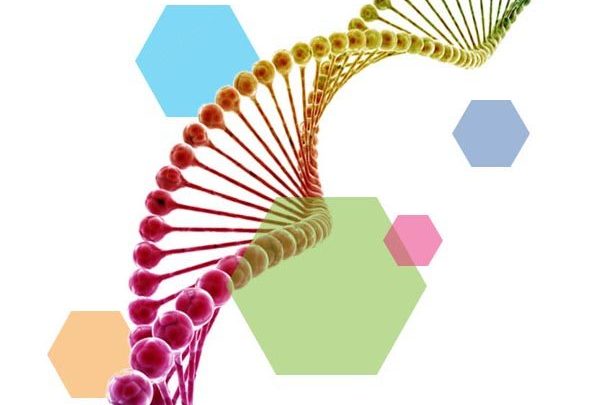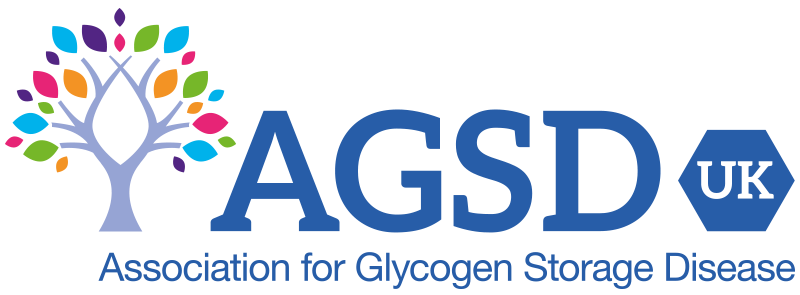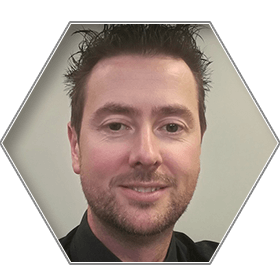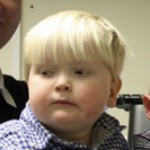GSD9 is now recognised as one of the more prevalent forms of GSD, accounting for 25% of all people affected by GSD.
There are four variants, sometimes known as 9a, 9b, 9c and 9d, but now going by the names of:
• PHKA2 (formerly 9a). This is carried on the X part of the gene and is normally seen in males, however some female carriers are affected. Some 75% of people with GSD9 have this liver variant.
• PHKB (formerly 9b). Only 20 people have been reported to have this variant which affects the liver and muscles.
• PHKG2 (formerly 9c). This is a recessive variant of GSD9 with liver and muscle symptoms.
• PHKG1 (formerly 9d and PHKA1). This variant primarily affects the muscles.
Main signs of most GSD9 variants (sub-types)
- An enlarged liver (hepatomegaly) due to increased glycogen storage.
- Hypoglycaemia (problems with maintaining blood sugar).
Muscle problems are present in some variants. A major feature is the wide variety of symptoms from person to person.
The information for this webpage came from the following paper. It does not cover the PHKG1 (formerly PHKA1 and GSD9d) muscle variant.
![]() View the paper on GSD6 and GSD9.
View the paper on GSD6 and GSD9.
Muscle type PHKG1 (GSD9d)
For this variant, please see the panel in the diagnosis and follow up section.

| Other names |
Glycogen phosphorylase b kinase deficiency |
| Affected | Liver and muscle forms |
| Inheritance |
X-linked and autosomal recessive patterns |
| Incidence | Approx. 1 in 100,000 |
| UK diagnosed | About 150 (UK diagnosed explained) |
| Symptoms |
Hypoglycaemia, hepatomegaly and muscle problems |
| Secondary symptoms |
Secondary symptoms are varied but might include growth retardation, sleep difficulties with overnight irritability, ketosis and hyperlipidaemia |
| Treatment |
Symptoms are managed |
| Outlook |
Generally good but further studies are needed |
How can we help?
Diagnosis & Follow up
Diagnosis, Parents’ guide, Diagnosis and Management guidelines
Information & Support
Coordinator, Social media, GSD & Me web site, Links
Activity & Exercise
Nothing available in this section yet
Research & Development
About clinical trials
Read some personal stories
Do you have an interesting personal story to tell? Just message us or visit the Notes for contributors.
All GSDs pulling together makes us all stronger.





